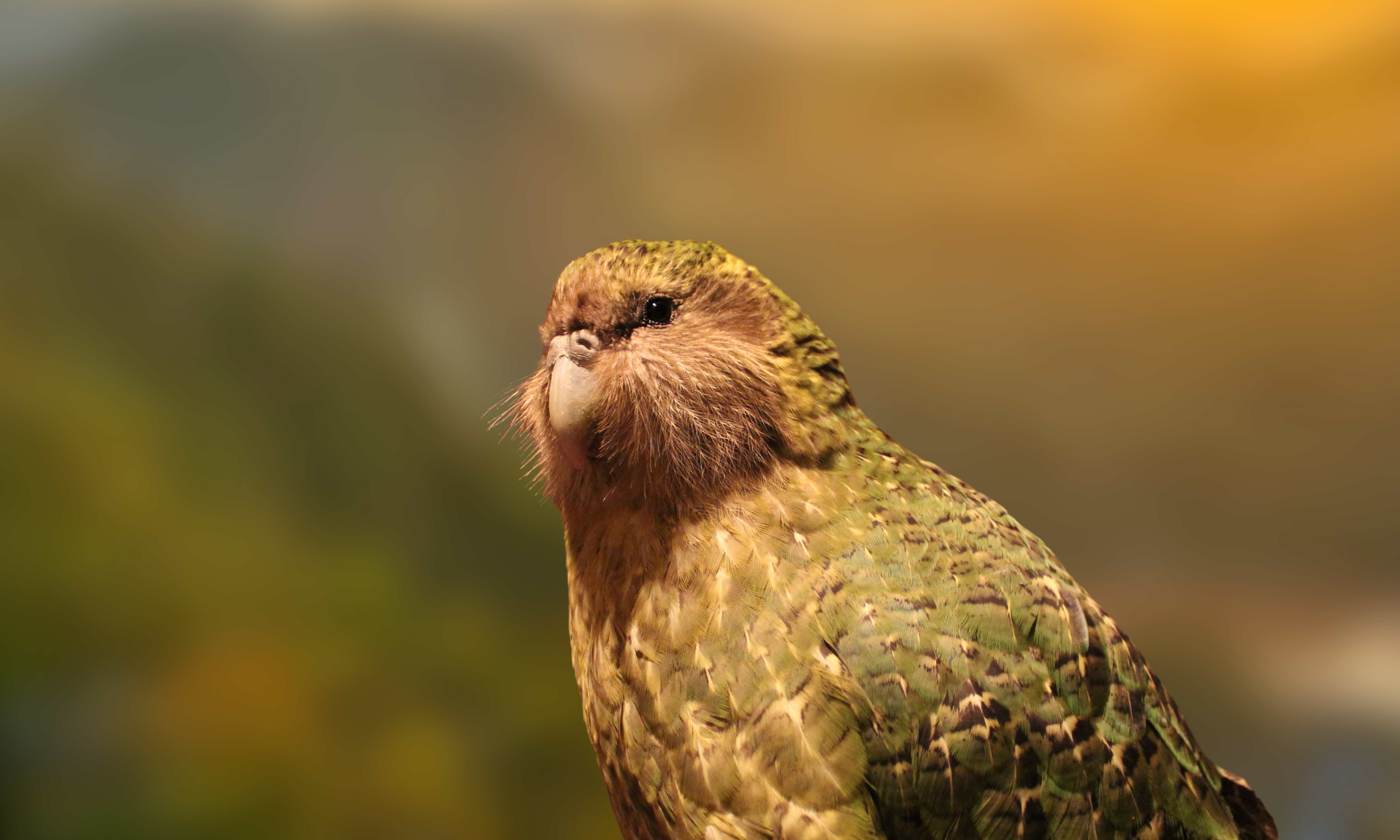New Zealand is racing to protect its critically endangered birds, including the flightless kākāpō, from the deadly H5 avian influenza before spring migration brings infected birds to its shores. With fewer than 250 kākāpō remaining, even a single outbreak could be catastrophic.
In a world-first trial, the Department of Conservation vaccinated up to 10 birds from five endangered species, including kākāpō, takahē, kakī, tūturuatu, and kākāriki. Using a licensed poultry vaccine, four species developed strong antibodies lasting six months, offering hope for protecting key breeding populations in captivity and managed island populations.
New Zealand’s program comes amid global efforts to safeguard wildlife from bird flu. In the US, 207 California condors were vaccinated after H5 killed 21 in 2023, highlighting the urgency of preventive action.
Challenges remain: vaccines can lose effectiveness as viruses evolve, and vaccinating wild populations at scale is difficult and stressful. Experts stress that vaccination is one part of a broader strategy, which includes habitat improvement and overall population health.
“If we start too soon, immunity may fade. If too late, we might miss the crucial moment,” says DOC adviser Kate McInnes, underscoring the careful timing needed to protect these rare species.


